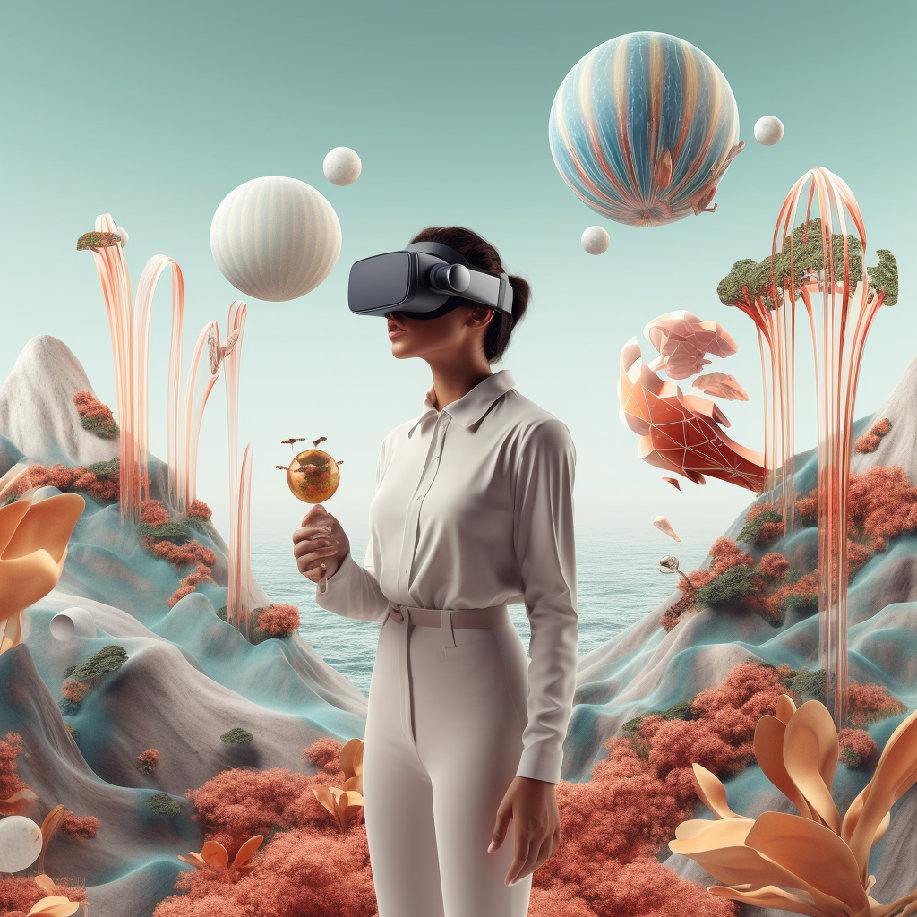

Just about every industry is being shaken up by the rise of technology. This is a good thing, particularly for healthcare. The healthcare industry has always been one of the forward-thinkers in terms of technological innovation, so it comes as no surprise that we’re seeing new trends making an impact in healthcare.
What exactly is digital transformation and how does it affect healthcare? In case you need a brief recap, digital transformation is the way technology impacts an industry, in this case, healthcare.
While doctors and researchers have always been onboard with the latest and greatest, especially when it comes to helping patients, the same can’t be said for pharmaceutical companies and health insurance. Luckily, even these walls are breaking down for the better. From blockchain records to telemedicine, let’s examine 5 of the key trends in this industry.
Medical records are held to the highest standards of privacy and security. In our new age of digital connectedness, how do we protect the data that matters the most to us? One possible answer is blockchain. MedPage Today calls blockchain the “holy grail” for electronic medical records and with good reason.
What is blockchain? It’s actually the science behind popular cryptocurrencies like Bitcoin. In simple terms, it’s a better way to store, share, and protect data, especially data that are being sent between multiple groups such as medical records. There are many startups like Medicalchain which are trying to make this the new reality, but only time will tell if they can overcome oppressive regulation.
It comes as no surprise that AI or Artificial Intelligence is on this list. How does AI help the medical field? It’s assisting not only with procedures but also with customer experience. For instance, using AI and deep learning, body scans can analyze CAT scans much faster than a human and with fewer errors.
AI tools in healthcare mean less waiting for results, better analysis, and greater access to key data. With on-the-spot imaging and answers to even complex problems, hopefully AI will also help improve the process and reduce costs for patients.
As the costs of healthcare continue to rise, people are looking for new ways to interact with their healthcare providers. One popular choice is telemedicine. With telemedicine, you can access a doctor or nurse in just a few clicks from your smartphone or computer. Then, you can voice or video call a provider to get the diagnosis or prescription you need all without leaving your home.
This is a great alternative to waiting in long lines at urgent care, and it’s also much more affordable. However, we still are only seeing telemedicine in limited areas. For things like dental care, vision, and more, you’ll still need to see a provider in-person. Luckily, HealthMarkets offers an amazing option for finding low-cost dental insurance.
Augmented Reality (AR) is most commonly thought of as something that’s fun to play with on your phone. Did you know it could have real-world applications as well? In fact, doctors are beginning to use AR to learn how to perform dangerous procedures.
From heart surgery to brain surgery, AR is making it easier for doctors to learn in a stress-free environment. This empowers a new generation of doctors and surgeons to take on these new challenges. Beyond this, AR has recently been used to help dementia patients retrieve lost memories. It truly is inspiring to see the power of AR.
Finally, wearable devices are showing us just how far the Internet of Things (IoT) can take healthcare. From fitness trackers to heart-rate monitors, these wearable devices are more connected to not only our bodies but also the cloud.
While wearable devices are hardly new, they’re about to be supercharged. Mobile speeds are slowly but surely reaching 5G, and the days of connectivity are coming faster than ever. Soon, there will be no limits to how our bodies are tracked and monitored. This is both a new challenge and a potential solution for growing health epidemics across the world.
Digital transformation is hitting industries like healthcare the hardest. While there are a lot of new questions being posed by these changes, there are also a lot of inspiring solutions to big problems.
We still have a way to go before most of these above are mainstream, but we’re getting closer every day. Which of these technologies do you think will affect the healthcare industry the most? How much do you think is possible?


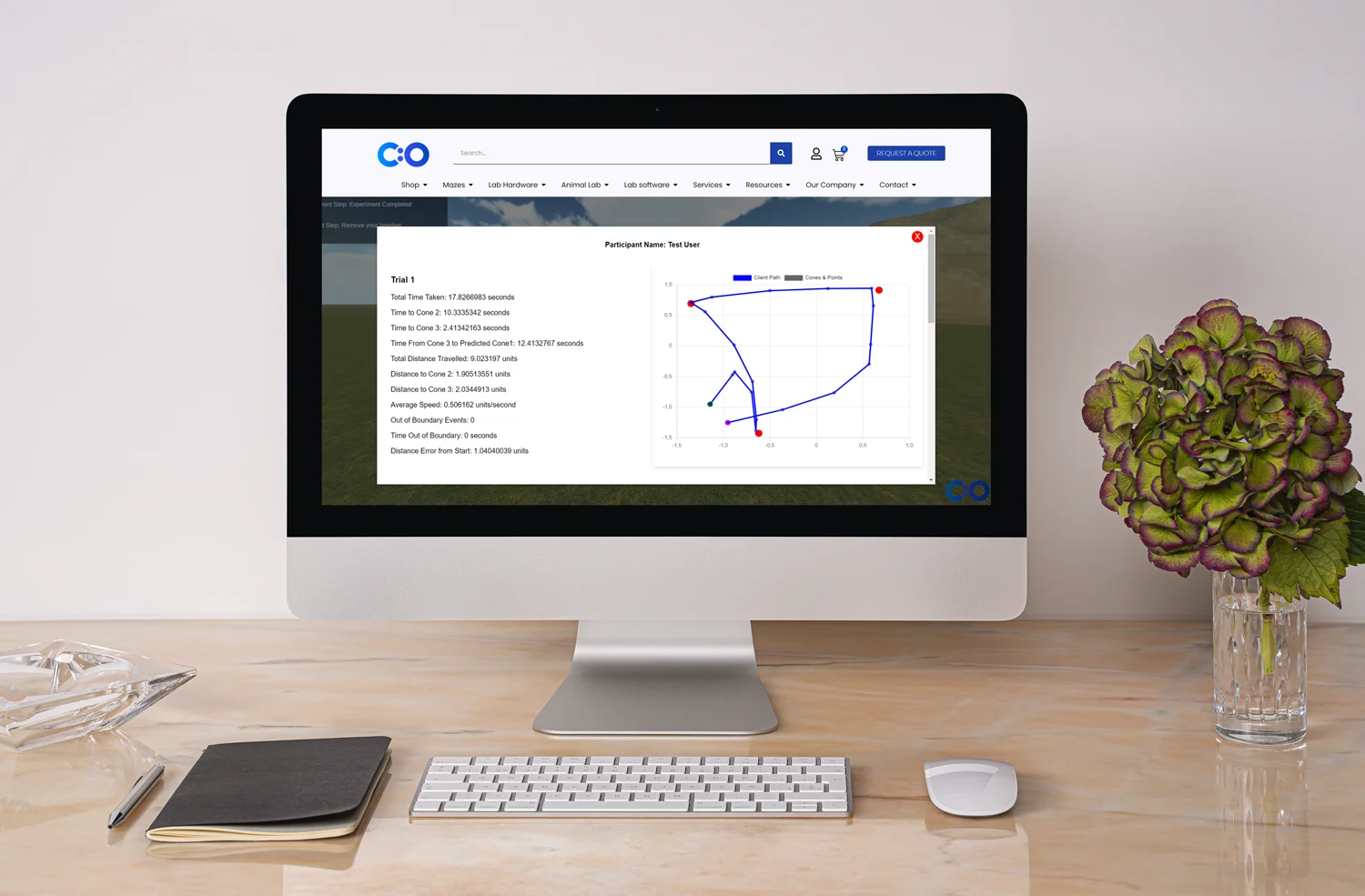
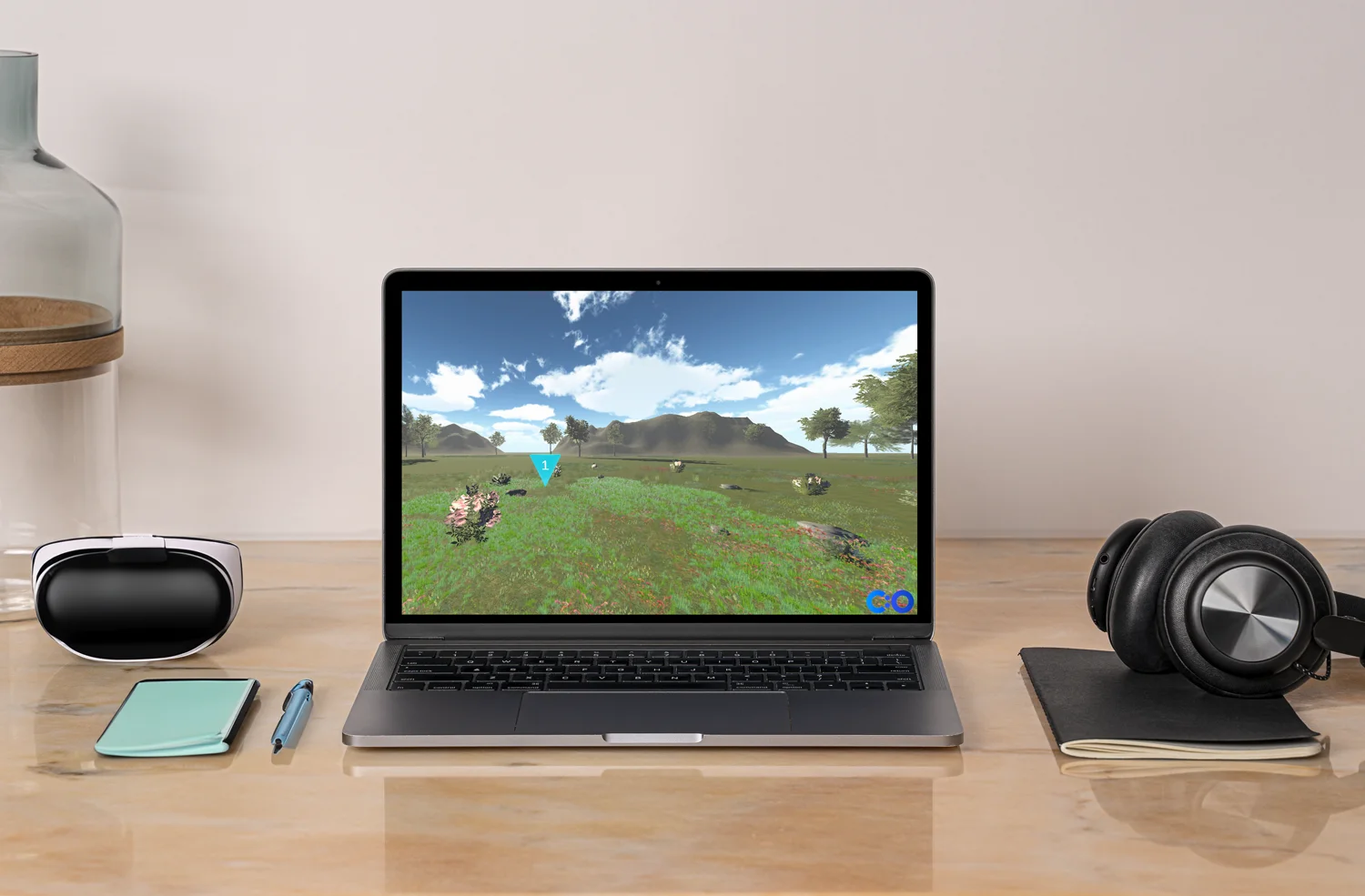



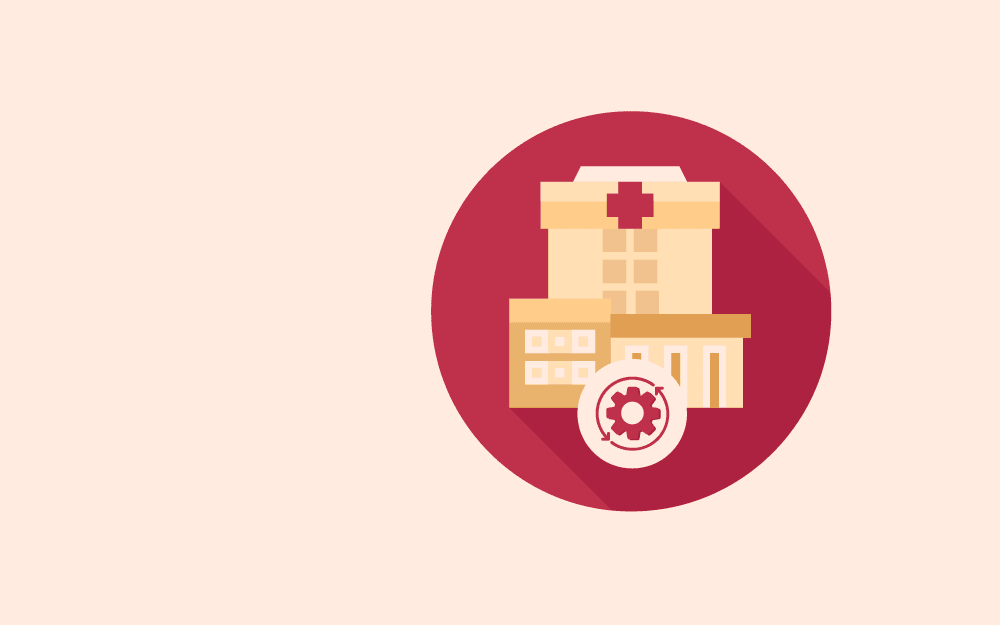
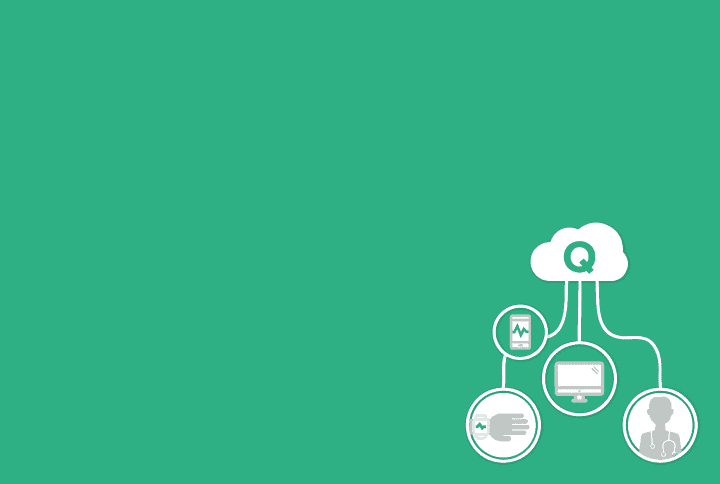


Dr Louise Corscadden acts as Conduct Science’s Director of Science and Development and Academic Technology Transfer. Her background is in genetics, microbiology, neuroscience, and climate chemistry.
